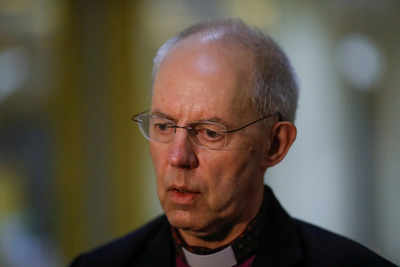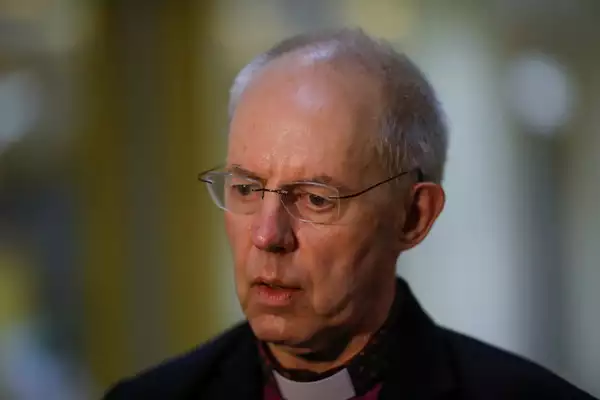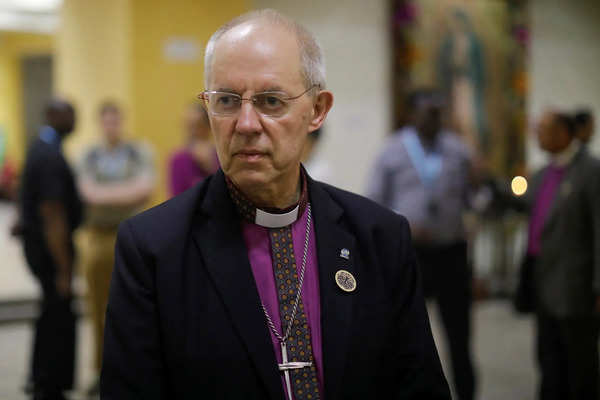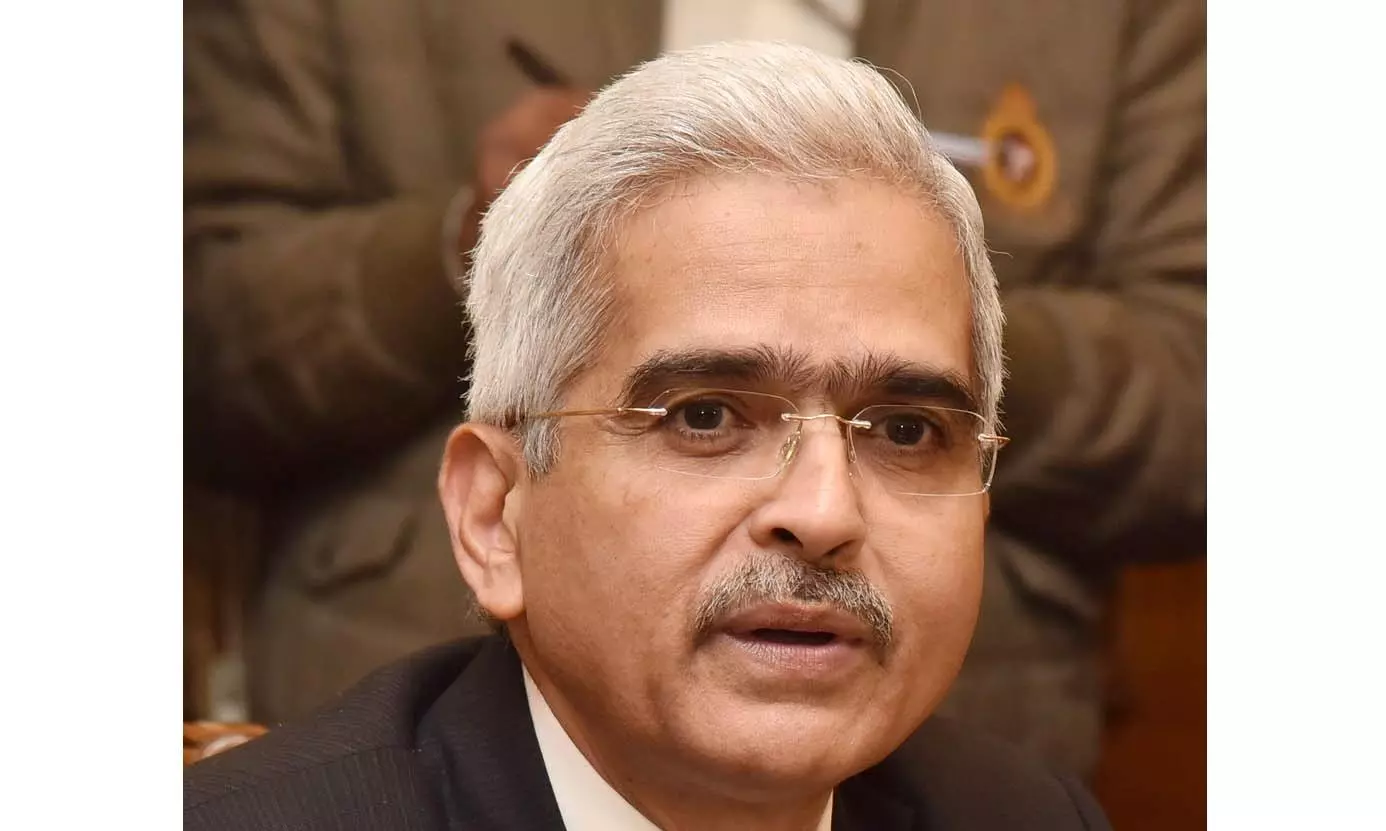

FILE PHOTO: Archbishop of Canterbury Justin Welby
Archbishops do not come and go overnight and the news of Archbishop of Canterbury Justin Welby’s resignation has shook the very foundations of the Church of England and the Anglican world. Welby resigned after the Makin Review report revealed a long-maintained conspiracy of silence regarding the abuse of boys and young men by John Smyth, a prominent barrister and unordain preacher. Smyth, who died in 2018, was found to have abused over 100 boys and young men at Christian summer camps in the UK, Zimbabwe, and possibly South Africa over four decades.
The report revealed that Welby, who was informed of the abuse in 2013, failed to report Smyth to the authorities, believing that an appropriate resolution would follow. This inaction has been described as a significant failure, leading to prolonged suffering for the victims. Welby, in his resignation statement, expressed deep sorrow and took personal and institutional responsibility for the church’s handling of the situation. According to reports, he said, “It is very clear that I must take personal and institutional responsibility for the long and retraumatising period between 2013 and 2024.”While resigning, he said, “sorrow with all victims and survivors of abuse. “He announced his resignation after seeking the permission of King Charles III, the titular head and supreme governor of the Church of England.
The Makin Review concluded that Smyth’s abuse could and should have been reported to the police in 2013, marking a missed opportunity to bring him to justice. The report, focused on the historic failures of the safeguarding of the church and the urgent need for others to take up the baton in the care of the issues. Some of these communities, however have taken the resignation of Welby with a mix of sadness and understanding; and most people recognize the requirement for accountability and for change.

Archbishop of Canterbury Justin Welby
What happens next?
As the search for Welby’s successor begins, the Church of England faces a critical moment in its history. The new Archbishop of Canterbury will have to face the difficult task of restoring trust and ensuring that such failures are never repeated. The global Anglican Communion, with its 85 million members across 165 countries, will be watching closely as the church sails through this challenging period.
The scandal has also reignited discussions about the broader issue of abuse within religious institutions and the importance of strict safeguarding measures. The church’s response to this crisis will be a test of its commitment to transparency, accountability, and the protection of its most vulnerable members. As the church moves forward, it will need to demonstrate a renewed dedication to these principles to regain the trust of its followers and the wider community.
What is the role of the PM?
The installation of a new Archbishop of Canterbury could take several months. According to the Church of England’s procedures, the Crown Nominations Commission is responsible for selecting Welby’s successor. This committee will propose two candidates, ranked in order of preference, to the Prime Minister. The Prime Minister will then recommend one of these candidates to the monarch for appointment.
Calls for review
In the wake of Welby’s resignation, there have been calls for a comprehensive review of the church’s safeguarding policies and practices. The new leadership will need to prioritise the implementation of effective measures to prevent abuse and support victims. This will require a concerted effort from all levels of the church, from local parishes to the highest echelons of leadership.












.png&c=0&w=700)

















































